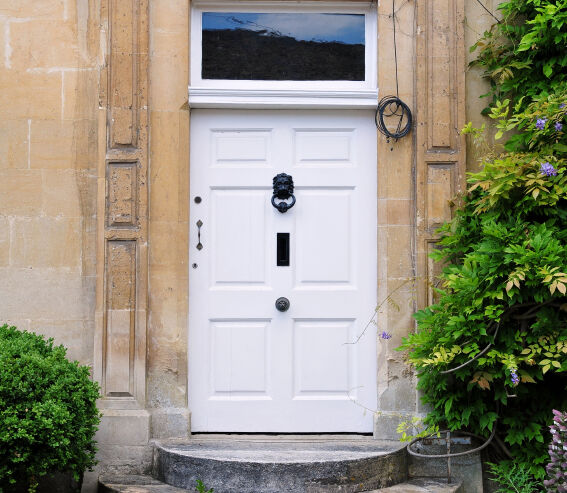Just when we thought rates couldn’t get any lower – they’re still falling. Economic data reflective of a gloomy global picture has extended the timeline for a rate rise once again. Mark Carney, governor of the Bank of England, is making a habit of confounding experts’ predictions on when to expect an increase; the latest indications in his beginning-of-year statement suggest we are unlikely to see a rise before 2017. The market has responded to the news with further rate cuts. An average two-year fixed rate for a buyer with a 10% deposit now stands at 3.06%, down from 3.84% this time last year – excellent news for prospective borrowers and homeowners.
Inevitably, with rates now set to stay low for the time being, the tracker mortgage is being touted as the next big thing and proposed as an alternative to its fixed rate cousin. With that in mind, we thought it would be helpful to give a breakdown of exactly how they differ – and whether the tracker or fixed mortgage is the best option for you.
Over the past year or so, as rates have nosedived dramatically, fixed rate mortgages have been the default recommendation. Back in 2012, someone with 40% equity in their property would have done well to secure a two-year fix at 4.05%. The same deal is available now for just 1.99%.
So what can tracker mortgages offer to rival the traditional fix? Trackers are set at a certain point above the base rate, and thereafter fluctuate in line with it. If the base rate stays low, so far so good.
One significant selling point of some trackers is the lack of early repayment charges (ERCs). Generally lenders put these charges in place to stop borrowers on a fixed rate mortgage making large overpayments, which would reduce their overall interest costs. This flexibility to make early repayments if and when you are able to do so also applies to the interesting if not widespread option of lifetime trackers. At the moment, there are deals out there comparable to fixed-rate deals, but with the added bonus of no ERCs at any time.
These benefits aside, tracker mortgages come into their own when the base rate stays low for a long period and – given that almost all previous predictions have been proved wrong – it may seem that now is as good a time as any for this type of borrowing.
On this point we would advise caution. Despite the press focus on Carney’s announcement, it is important to remember that it is still a case of when, not if. The base rate will go up, in which case a fixed rate mortgage will almost certainly be a cheaper option in the long term. Trackers can be advantageous, but this year, we expect the fixed rate mortgage to reign supreme.
As ever, if you have any questions about this article, or simply want to chat through your options with an expert, please do get in touch with Enness today. One of our specialist brokers will be more than happy to help.





